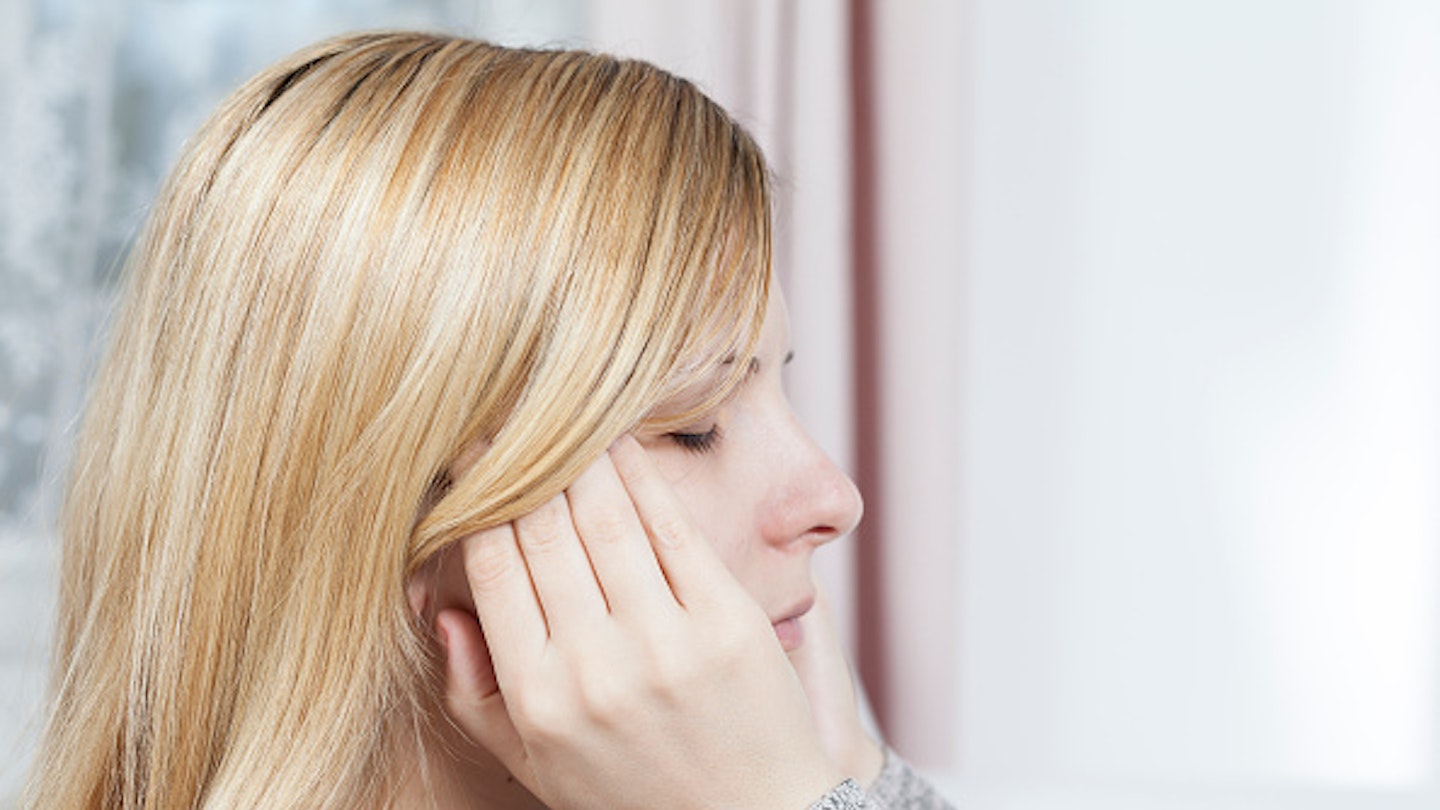Women are twice as likely to suffer from anxiety as men, a study by Cambridge University has found.
The study, which was published earlier this week in the journal Brain and Behaviour, showed that around 4% of the worldwide population suffer from some form of anxiety disorder - with women, young adults, people living in North America and people afflicted with chronic illnesses most commonly affected. Compellingly, up to 8.7% of women are thought to have anxiety.
Anxiety was also found most predominantly in the Western world, with up to 10.4% of European/Anglo cultures affected when compared to their Asian (2.8%) and African (4.4%) counterparts.
Lead researcher and first author Oliva Remes, PhD said in a statement 'Anxiety disorders can make life extremely difficult for some people and it is important for our health services to understand how common they are and which groups of people are at greatest risk.'
'By collecting all these data together, we see that these disorders are common across all groups, but women and young people are disproportionately affected.'
Symptoms of an anxiety disorder include restlessness, a sense of dread and difficulty concentrating.
The amount of women being diagnosed with anxiety may stem from the different ways men and women deal with mental health problems. Research by mental health charity Mind found that, whilst women were three times more likely to have cried due to anxiety in the last week, they were also twice as likely to feel better for crying.
Paul Farmer, chief executive of Mind, said, 'Many of us lead busy, stressful lives and sometimes it feels like things are spiralling out of control. It’s time for us to stop holding back the tears and reach out for support.'
If you are suffering from anxiety or any other mental illness – remember that you are not alone. Help is available from Mind at 0300 123 3393, or call your local GP.
